The boost from Resolution 68...
As we know, the private economic sector currently has about 940 thousand enterprises and more than 5 million business households in operation, contributing about 51% to GDP, more than 30% of total state budget revenue and employing about 82% of the total labor force in economic growth and job creation.
"The private sector - if promoted and protected, is the greatest practical resource to create a harmonious and fair society in accordance with the spirit of Vietnamese socialism" - Dr. Nguyen Si Dung - former Deputy Head of the National Assembly Office affirmed.
Faced with this reality, on May 4, 2025, General Secretary To Lam signed Resolution No. 68-NQ/TW (Resolution 68) of the Politburo on private economic development. Resolution 68 sets a target of having 2 million enterprises by 2030 and 3 million enterprises by 2045, contributing over 60% of GDP... According to businesses, these goals are not only encouraging but also expand the "playground" for the wave of startups, innovation and conversion of business households into enterprises...
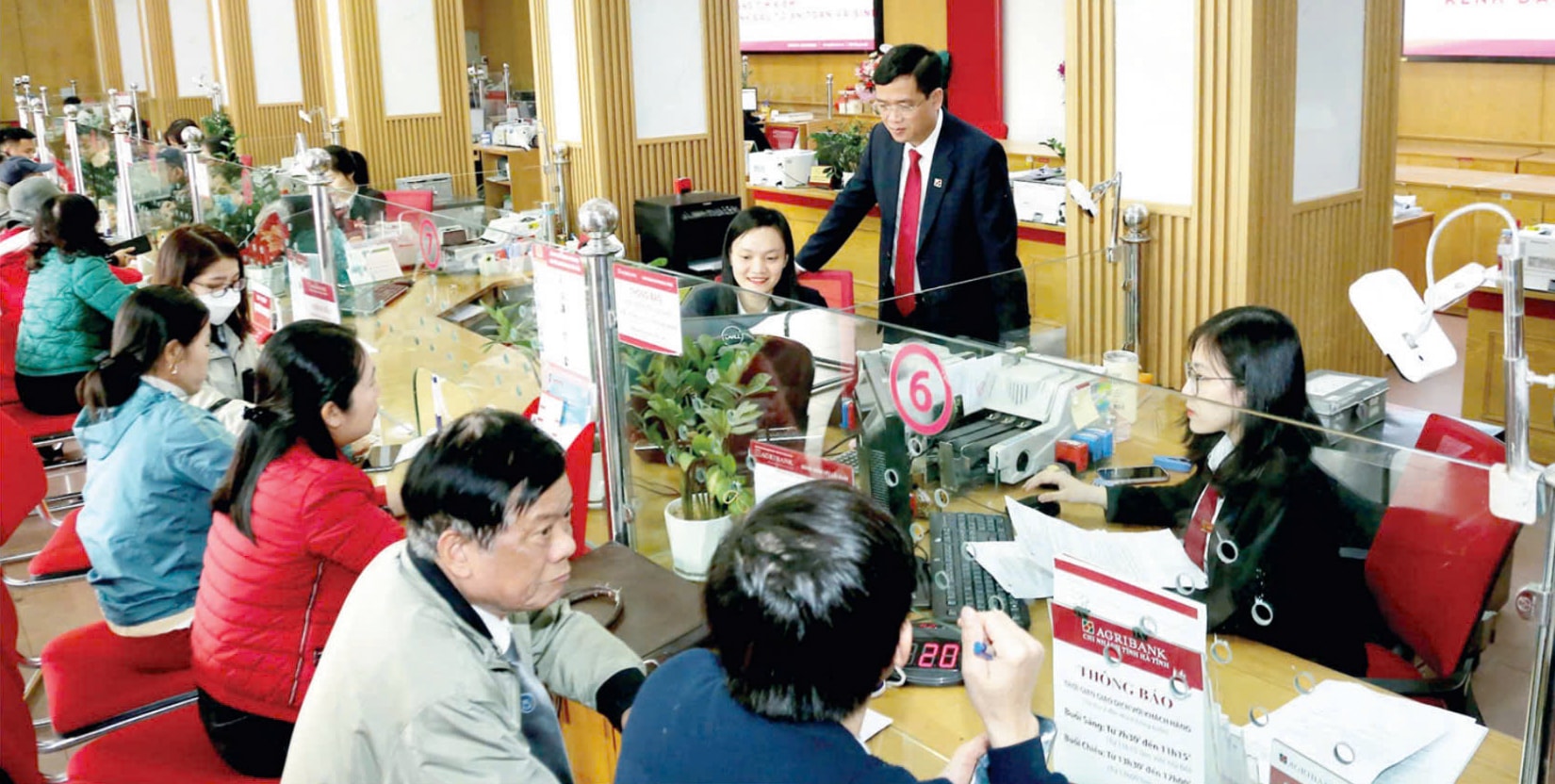
Agribank is proud to be a major investor in the "Tam Nong" region. Photo: Duc Kien
Thus, from being "an important driving force" identified in Resolution No. 10-NQ/TW in 2017; Resolution 68 has now turned the private economy into "the most important driving force of the national economy". This is an important milestone demonstrating the political determination of the Party and State in determining the national development strategy; removing barriers, creating a favorable, transparent and fair investment and business environment for the private sector to develop effectively and sustainably. Resolution 68 not only emphasizes policy orientation but also sets out specific requirements for the political system, authorities at all levels and the banking and financial system, including the important role of commercial banks in supporting the development of the private economy.
In order to institutionalize Resolution 68, on the morning of May 17, the National Assembly passed a Resolution on a number of special mechanisms and policies for private economic development. In particular, clearly defining the responsibilities of legal entities and individuals; not criminalizing economic relations; increasing support for land and business premises in industrial parks and clusters; and providing cheap loans are special policies for private economic development that have received high consensus from National Assembly deputies.
And important support from Agribank
Reaffirming the position and role of the private economy, Agribank Deputy General Director Phung Thi Binh said that the private economy is an important driving force for economic growth. And Agribank, as a key commercial bank in the agricultural and rural sector, has implemented many preferential credit programs to support the development of the private economy.
Currently, Agribank's total outstanding loans reach over 1.7 million billion VND, of which more than 60% are allocated to the agricultural, rural and farmer sectors with the main customer group being private economic households. Notably, of the nearly 500,000 billion VND of outstanding loans to corporate customers, up to 90% belong to private enterprises.
"These specific figures clearly demonstrate Agribank's commitment and consistent orientation in accompanying and creating conditions for the development of the private economy," Ms. Phung Thi Binh emphasized.
Ms. Phung Thi Binh added that according to the plan assigned by the State Bank, in 2025 Agribank will be allocated a credit growth limit of 13%; correspondingly, about 230,000 billion VND will be put into circulation. Of this capital, Agribank determined that it will mainly lend to customers in the private economic sector. However, to improve access to credit capital, small and medium enterprises first need to improve transparency in financial management, especially accounting books, and at the same time strengthen management capacity. This is a condition for banks to accurately assess the performance and reliability of enterprises, thereby being ready to accompany and provide appropriate capital sources.
On the credit institution side, Agribank affirmed that it always devotes resources to supporting the private economy, especially small and medium enterprises. Specifically, in 2024, the bank implemented 20 preferential credit programs, most of which targeted customers in the private economic sector. From the beginning of 2025, Agribank has implemented 9 preferential credit programs for many target groups, focusing mainly on key areas such as import and export, production and business, small and medium enterprises. At the same time, Agribank also expanded consumer lending and supported business households.
"This clearly demonstrates Agribank's role in fueling economic growth drivers identified by the Party and State," said Ms. Phung Thi Binh.
It can be seen that in private credit, the role of Agribank is clearly demonstrated through supporting production households and agricultural enterprises. In fact, Agribank is the bank with the largest proportion of loans to the "Tam Nong" sector, mainly individuals, households and small enterprises. This is the private sector that accounts for a large proportion of the rural economy of Vietnam. At the same time, Agribank's branch network covers remote and isolated areas, making an important contribution to popularizing financial services to all people, including those in rural, remote and isolated areas.
Source: https://daibieunhandan.vn/agribank-voi-phat-trien-kinh-te-tu-nhan-bai-1-thuc-day-phat-huy-vai-tro-tru-cot-cua-nen-kinh-te-10373694.html



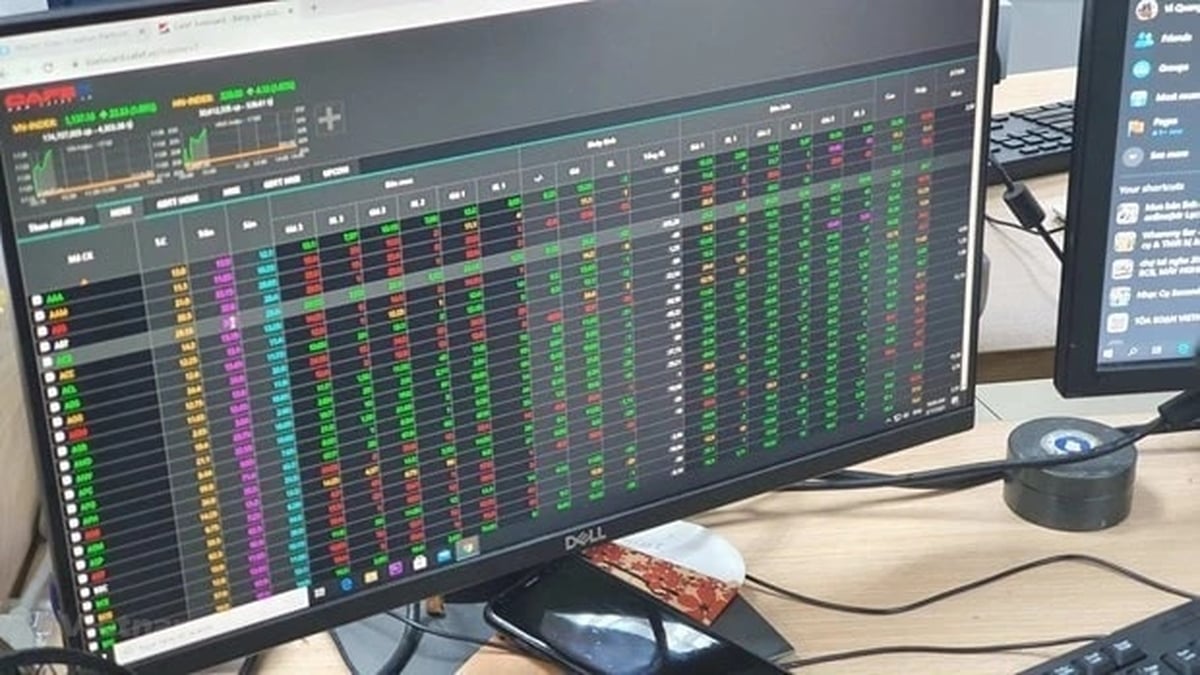
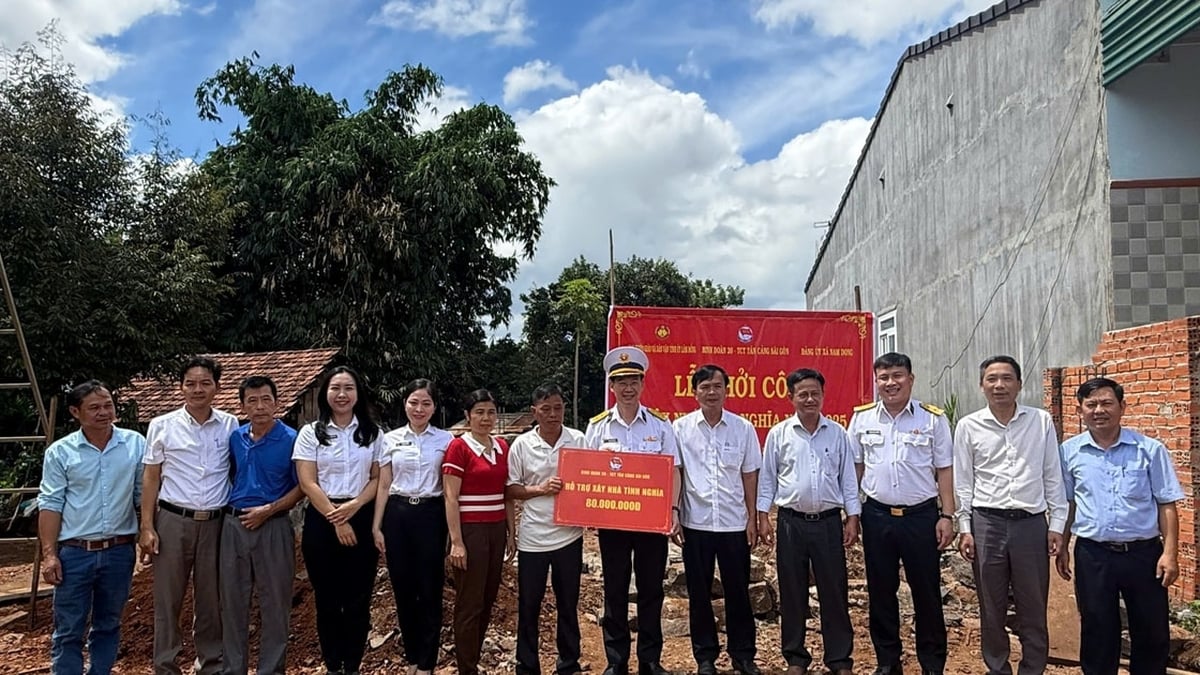
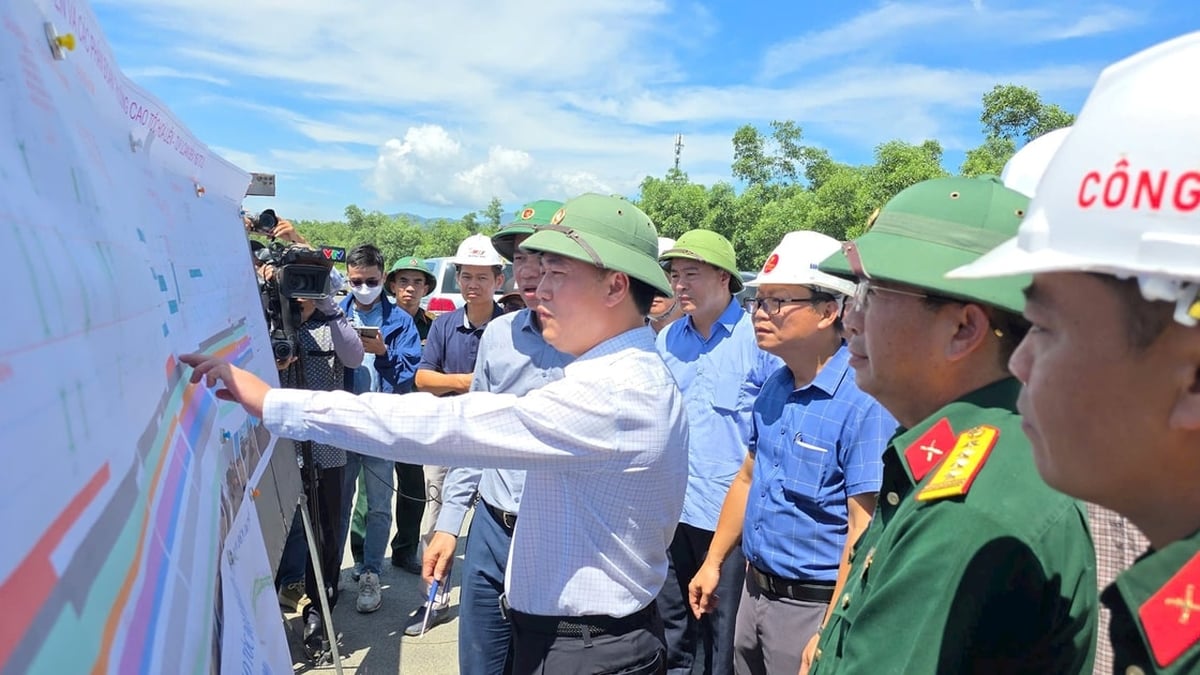

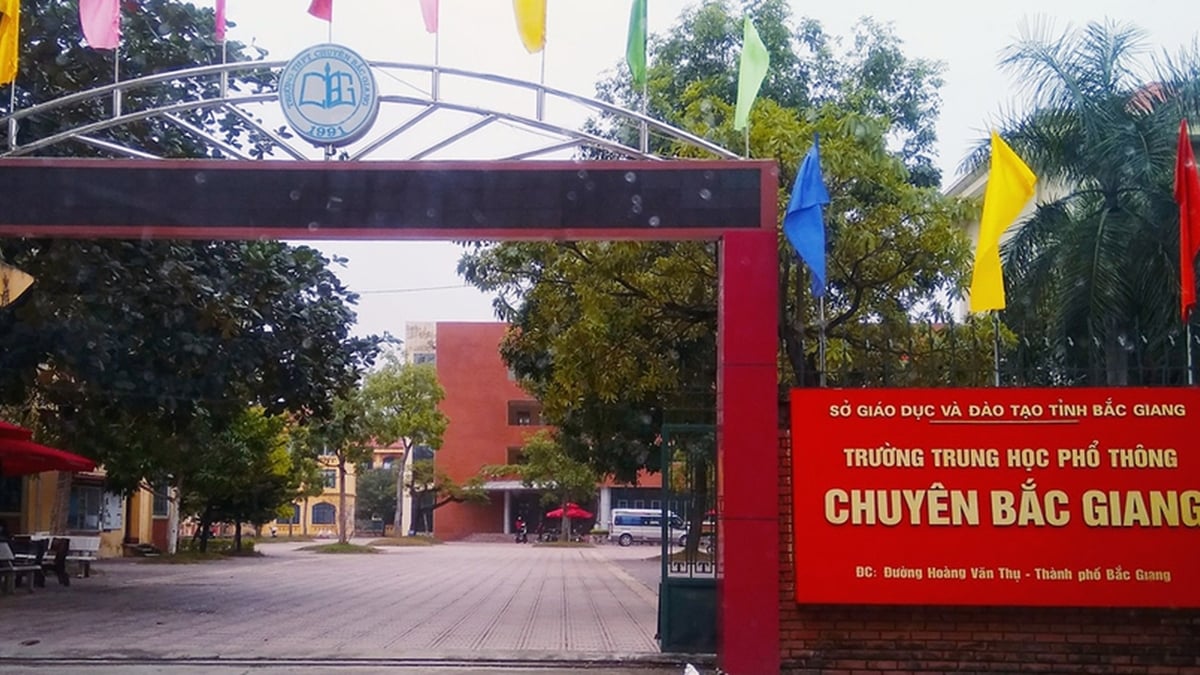

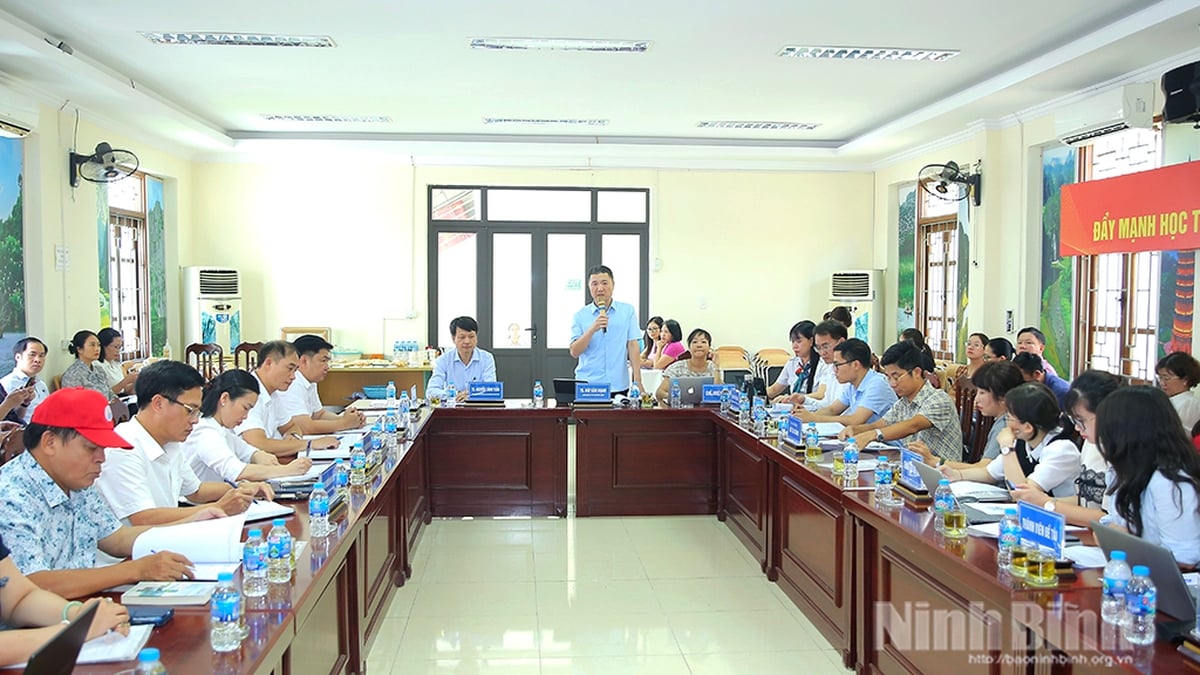
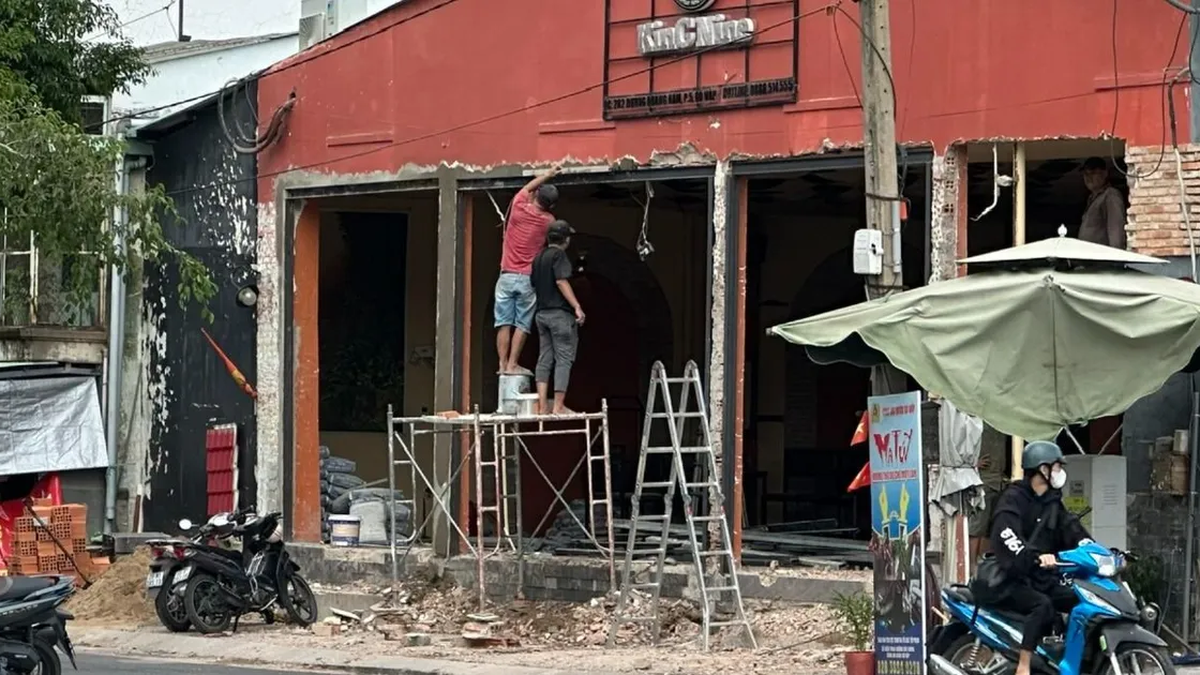































































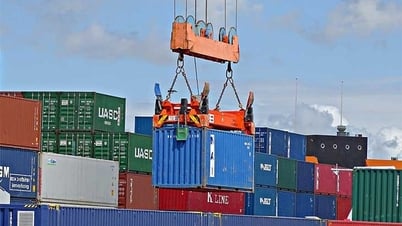

























Comment (0)